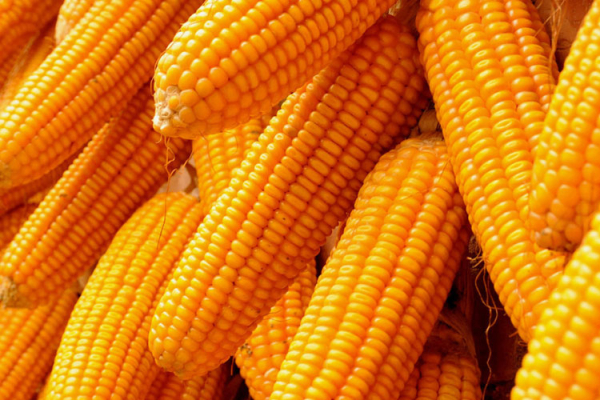
BY EVERSON MUSHAVA
ZIMBABWE faces mealie-meal shortages after government cut maize supplies to local millers by 40% citing funding constraints.
Millers get maize from the Grain Marketing Board (GMB) although government has relaxed regulations after the scale of maize requirements became clear following a drought that left seven million people, nearly half of the population in need of food aid.
The millers are getting the maize grain at a subsidised price from GMB, a move seen as keeping mealie-meal prices low, but they will now compete for the scarce foreign currency at the unreliable interbank market, which is likely to push the costs higher.
Government banned private maize sales on June 28, except to GMB, but later reversed the law on September 30, allowing private imports in a bid to improve supplies.
The Grain Millers Association of Zimbabwe (GMAZ), which buys the grain from the GMB on behalf of the millers said the move by government, introduced last week, will see a reduction in the supply of the staple food to retailers.
GMAZ deputy chairperson, Masimba Dzomba, who is in-charge of the association’s Southern region, said the move by GMB would see them reducing supplies to retailers.
“I can confirm that our maize supplies from GMB have been reduced by plus or minus 40% and this means that we will not be able to supply mealie-meal to all retail shops in our sphere of influence, not because we do not have the capacity but simply because we will not be having the raw material (maize) to mill,” Dzomba said.
- Chamisa under fire over US$120K donation
- Mavhunga puts DeMbare into Chibuku quarterfinals
- Pension funds bet on Cabora Bassa oilfields
- Councils defy govt fire tender directive
Keep Reading
“We anticipate this move to worst affect Matabeleland region because of its dryness.”
GMB general manager Rockie Mutenha yesterday referred questions to the utility’s spokesperson Muriel Zemura, who demanded written questions that were sent, but not responded to by the time of going to print. Without the GMB response, NewsDay could not establish the country’s current grain reserves and how long they will last. But in March this year, Zimbabwe had up to seven months’ supply of maize following the drought.
Zimbabwe’s annual maize consumption stands at 1,8 million tonnes and by October this year, the country needed 800 000 tonnes to cover a gap in maize supplies until the next harvest.
The country has been experiencing erratic supplies of grain such as maize and wheat this year after two years of drought.
The country’s ambitious command agriculture scheme that was introduced three years ago to improve food security has failed to turn the country into the breadbasket of the region of yesteryear, but is now importing maize grain from Tanzania, albeit at inflated prices.
Agriculture minister Perrance Shiri was not picking calls yesterday while his deputy, Peter Haritatos was not reachable.











